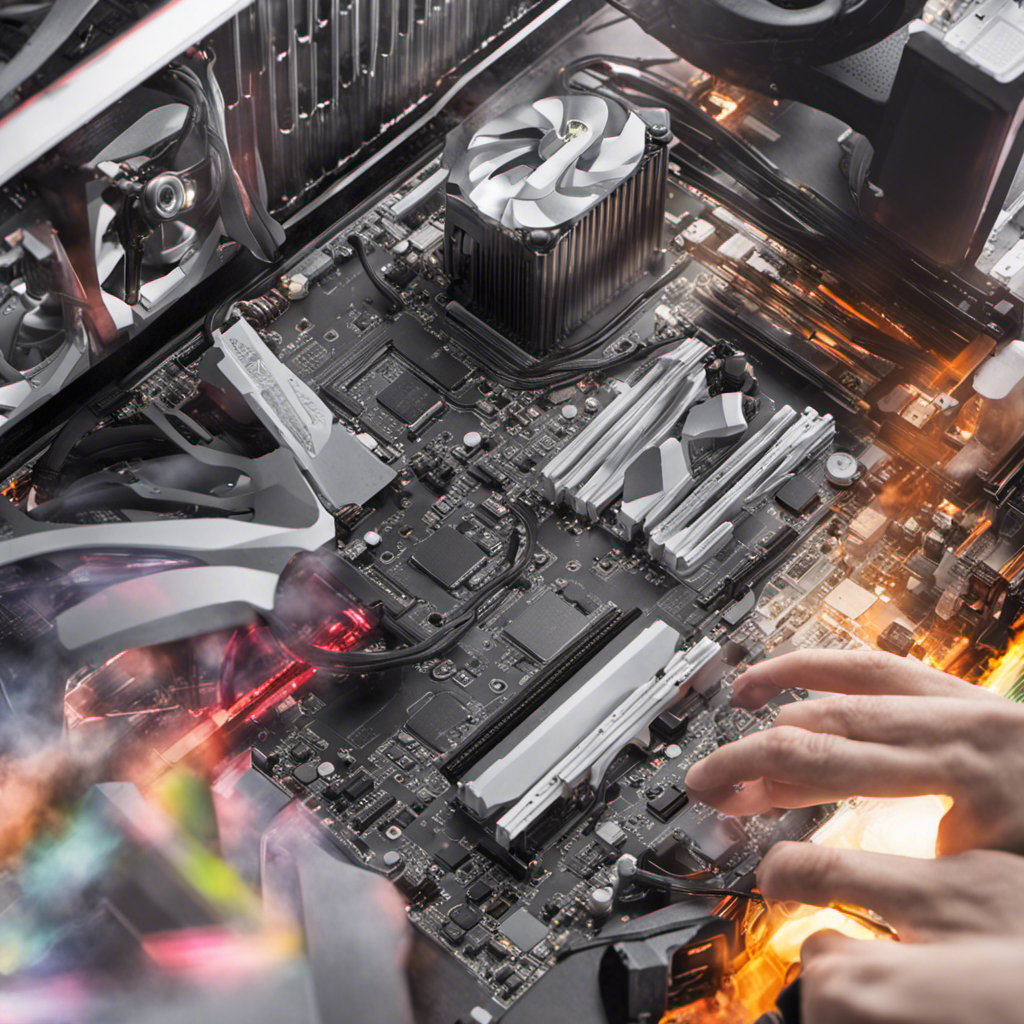
Artificial Intelligence (AI) has emerged as a transformative technology in various industries, and agriculture is no exception. With the global population expected to reach 9.7 billion by 2050, the need to optimize agricultural productivity has become paramount. AI applications in agriculture have the potential to revolutionize various aspects of the industry, from crop monitoring and yield prediction to livestock management and supply chain optimization. In this blog post, we will explore how AI is improving efficiency in agriculture and discuss its potential implications.
Enhancing Crop Monitoring and Management
One of the key challenges in agriculture is effectively monitoring and managing crops. AI technology enables farmers to employ remote sensing techniques such as satellite imagery and drones to monitor crop health, identify nutrient deficiencies, detect diseases, and assess water stress. By analyzing large volumes of data collected over time, AI algorithms can provide actionable insights to farmers, allowing them to make informed decisions regarding irrigation, fertilization, and pest control strategies. This data-driven approach helps optimize resource utilization, reduce crop losses, and increase overall efficiency.
References:
- Satellite Imagery and Agricultural Intelligence
- Application of Artificial Intelligence in Agriculture
Predictive Analytics for Yield Optimization
AI-driven predictive analytics models have the potential to revolutionize yield optimization in agriculture. By analyzing historical data on weather patterns, soil characteristics, and crop performance, AI algorithms can generate accurate predictions regarding crop yields. This information enables farmers to assess optimal planting times, make informed decisions regarding crop selection and rotation, and estimate potential revenue. By leveraging the power of AI, farmers can maximize productivity and optimize resource allocation, leading to increased profitability.
References:
- Crop Yield Prediction Using Artificial Intelligence Based Elman Neural Networks
- Improving Crop Yield with Machine Learning
Transforming Livestock Management
AI applications are not limited to crop monitoring; they are also revolutionizing the livestock industry. By employing computer vision techniques and sensors, AI can monitor animal behavior, assess health conditions, and automate feeding processes. For instance, AI-powered cameras can detect abnormal behavior patterns or signs of distress in livestock, allowing early intervention and preventing diseases from spreading. Additionally, automated feeding systems powered by AI algorithms ensure that animals receive the precise amount of feed they need, reducing waste and optimizing feed utilization.
References:
- Artificial Intelligence in the Livestock Industry
- Precision Livestock Farming using Artificial Intelligence
Optimizing Supply Chain Management
Efficient supply chain management is crucial for ensuring the timely delivery of agricultural products to consumers. AI-powered algorithms can analyze multiple variables, such as weather conditions, transportation availability, and market demand, to optimize supply chain logistics. By predicting demand patterns, AI helps minimize waste, reduce transportation costs, and ensure optimal distribution of agricultural products. Additionally, AI can provide real-time tracking and monitoring of perishable goods, ensuring product quality and reducing post-harvest losses.
References:
- Optimization of Supply Chain Networks towards Sustainable Agriculture
- Artificial Intelligence in Supply Chain and Logistics
In conclusion, artificial intelligence is transforming agriculture by improving efficiency across various domains. From enhancing crop monitoring and management to optimizing supply chain logistics, AI technologies offer tremendous potential in tackling the challenges faced by the agricultural industry. By leveraging machine learning algorithms and advanced analytics, farmers can make data-driven decisions, optimize resource utilization, and ultimately increase productivity. As the adoption of AI in agriculture continues to grow, it is crucial for farmers and industry stakeholders to stay updated with the latest advancements and embrace this disruptive technology to ensure a sustainable future.
Note: This blog post is for informational purposes only and does not constitute professional advice. It is important to consult agricultural experts and relevant authorities for specific guidance and implementation of AI technologies in agriculture.
For more information on this topic, please refer to the following resources:
- AI in Agriculture: Opportunities and Challenges
- Artificial Intelligence in Agriculture Market - Growth, Trends, COVID-19 Impact, and Forecasts (2021 - 2026)
- AI and the Future of Agriculture
Featured image source: Pixabay






